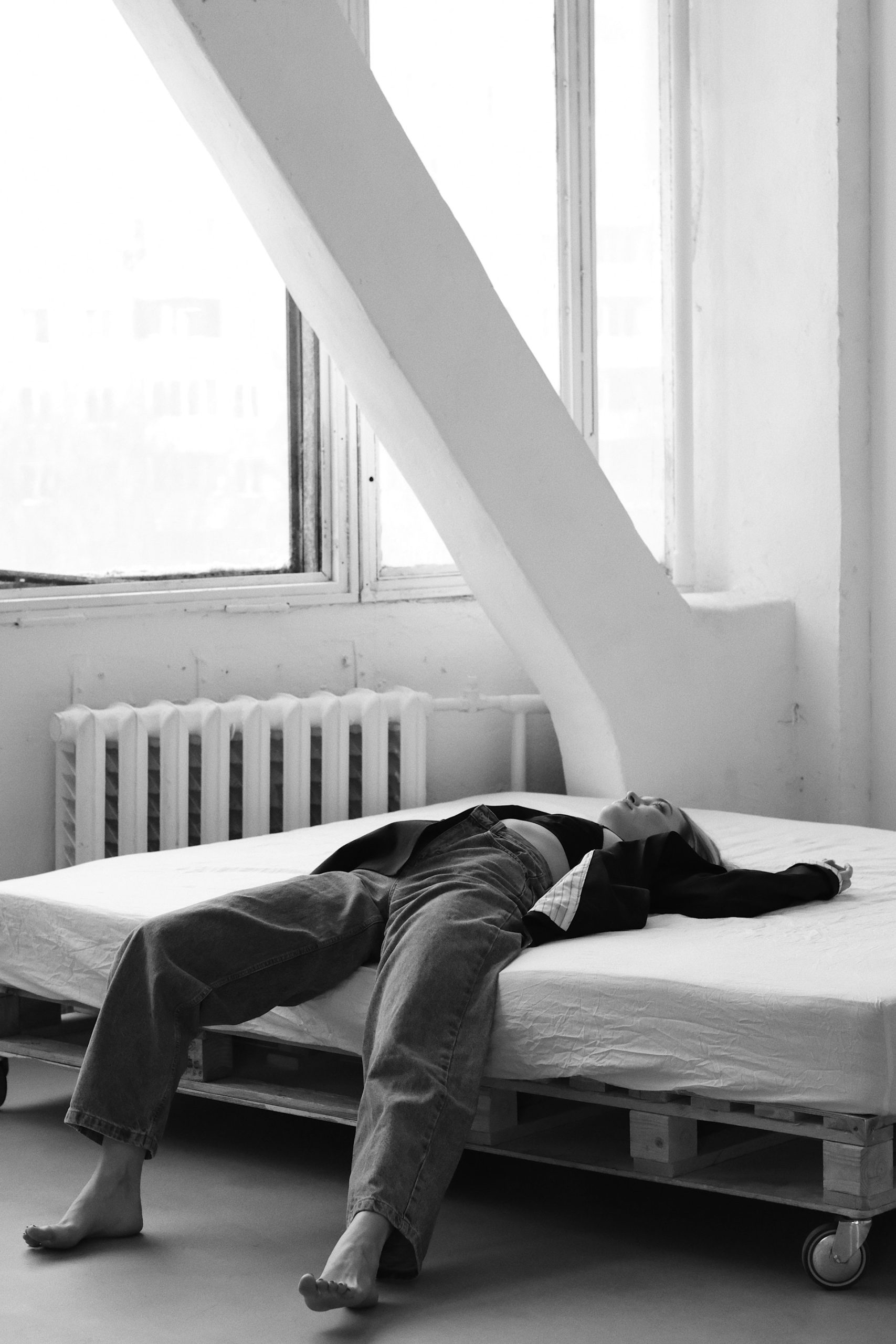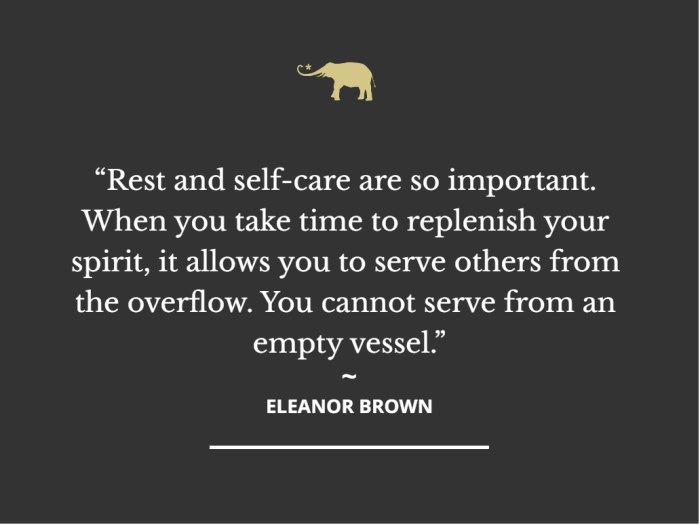Sigh!
Imagine the feeling of not having to wake to an alarm in the morning, getting to hear the birds chirping outside the window and see the sun peeking through the crack of the curtain to whisper “good morning” as you naturally wake to the gift of a new day.
So, you see I’m not lazy, just so very tired; I can feel it in my bones and my cells and the feeling of my body becoming unwell as exhaustion sets in.
I’ve heard it plenty of times: “Look after yourself or your body will force you to.”
I wake before the crack of dawn by the sounding alarm to rush out the door to work, to make money, to eat, then sleep, and repeat. The stress levels experienced today are enough to have institutionalized us if it were the 1900s, but instead, we learn to cope and adjust to the levels of stress we have to endure.
It’s not selfish to love yourself, take care of yourself, and to make your happiness a priority. It’s necessary.
Stress and anxiety cause a lot of different emotions, and the feeling of going crazy is one of them. Our stress levels are on the rise. From moderate to high levels of stress, 63 percent of us report that their stress levels have increased with the increase in the demand on family life, goods, and our services, as well as the pace with which we must deliver them.
There are three stages of stress:
1. The alarm stage is when the central nervous system is awakened, causing your body’s defences to assemble. This SOS stage results in a fight-or-flight response, which leads us to feel the anxiety or possibly experiencing panic attacks.
2. The resistance stage is when your body begins to repair itself and normalize heart rate, our blood pressure, and feeling of the constant stress of “what’s next on my to-do list.” After the initial shock of a stressful event, your body enters this recovery phase but remains on high alert for a while.
3. The exhaustion stage is when activation in the first two stages continues over a long period of time, causing a breakdown in the balance within your body, particularly felt in the nervous system. This is when certain diseases, such as diabetes or heart disease, may begin.
When you experience stress, several things occur, impacting your cardiovascular, muscular, and nervous systems:
>> When your fight-or-flight response is triggered, the brain releases adrenaline and secretes cortisol.
>> Cortisol is a steroid, which can weaken your immune system, increase bone loss, and decrease energy levels.
>> Adrenaline increases your heart rate and your breathing and blood pressure. With stimulation and increased adrenaline, your liver releases sugar into the bloodstream for energy.
Stress can break you.
Bending a piece of metal until it snaps occurs because of the force, or stress, exerted on it.
Where does the term derive from? The term stress was borrowed from the field of physics by one of the fathers of stress research Hans Selye. In physics, stress describes the force that produces strain on a physical body.
Because of the get-up-and-go attitude I have, I find it hard to simply “do nothing.” To be lazy and chill, having a sofa day with a book or a movie without the feeling of guilt. As if I should be doing something, anything to keep busy since the body doesn’t know how to do nothing.
Yet, there is so much joy, peace, and love in the act of doing nothing and appreciating the moment of silence or even nature when we grant ourselves permission to enjoy the simple things in life.
Today, I give myself permission to be lazy.
~
Please consider Boosting our authors’ articles in their first week to help them win Elephant’s Ecosystem so they can get paid and write more.
 Share on bsky
Share on bsky



Read 30 comments and reply